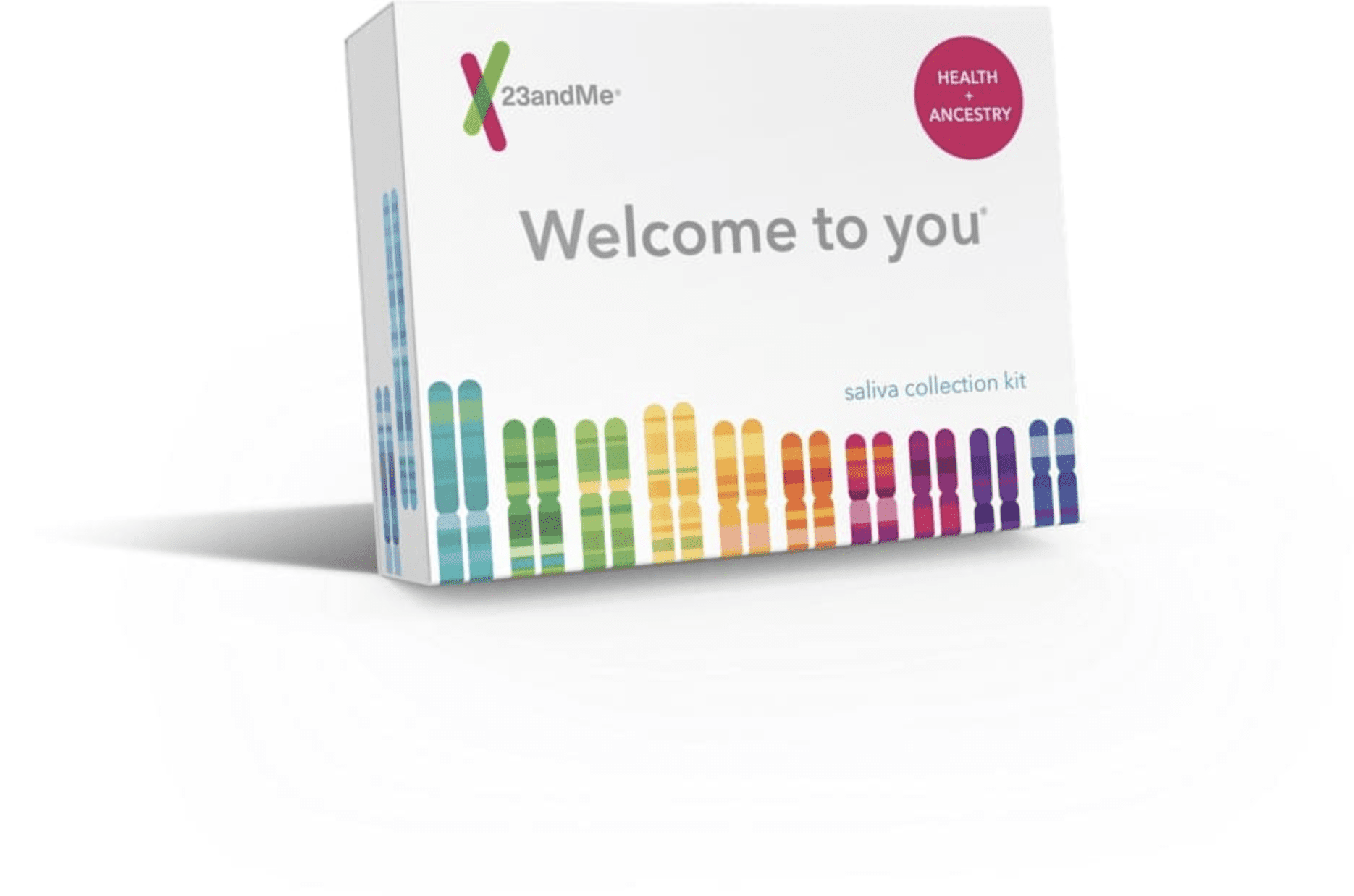Let's talk aboutAlcohol Flush Reaction & Genetics
Does drinking turn your cheeks as pink as a glass of rosé? You may have the alcohol flush reaction, which makes it hard for some people to process alcohol normally.
How it works
When we drink alcohol, a toxin called acetaldehyde is produced as the body breaks down the alcohol. The body then clears out this harmful toxin by breaking it down further. In people who experience the alcohol flush reaction, their bodies have a harder time clearing out the acetaldehyde, so it builds up.
The genetic link
A variant in the ALDH2 gene can cause the alcohol flush reaction. This gene contains instructions for making a protein that helps the body process alcohol. In people with the ALDH2 genetic variant, this enzyme is less efficient at clearing away acetaldehyde than in people without the variant, which can result in the alcohol flush reaction.

Did you know?
Scientists believe that the alcohol flush variant in the 23andMe Alcohol Flush Reaction report first appeared in ancient China due to a random genetic mutation, and spread to neighboring regions as people migrated. It’s very rare for people who don’t have East Asian ancestry to carry the variant, though it does happen.
Explore more
Does your favorite craft beer or cocktail make you blush? 23andMe’s Health + Ancestry Service can help you uncover more. Order a kit to learn whether you have a genetic variant that makes you more likely to flush after drinking alcohol.

Health + Ancestry Service
References
U.S. National Library of Medicine. (2018). “ALDH2 gene.” Genetics Home Reference.